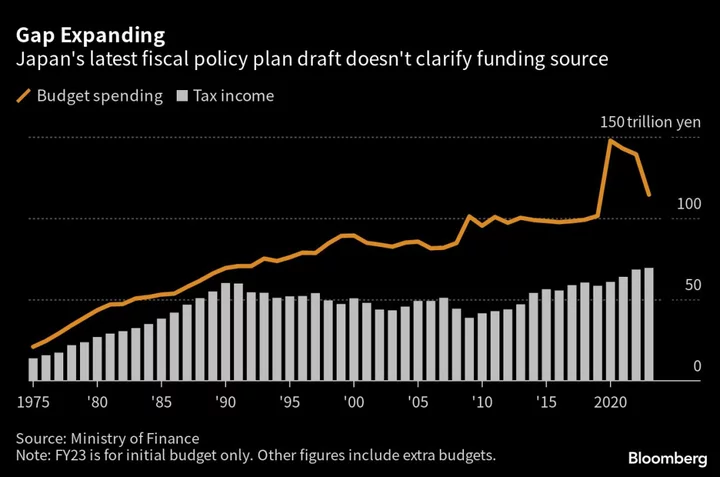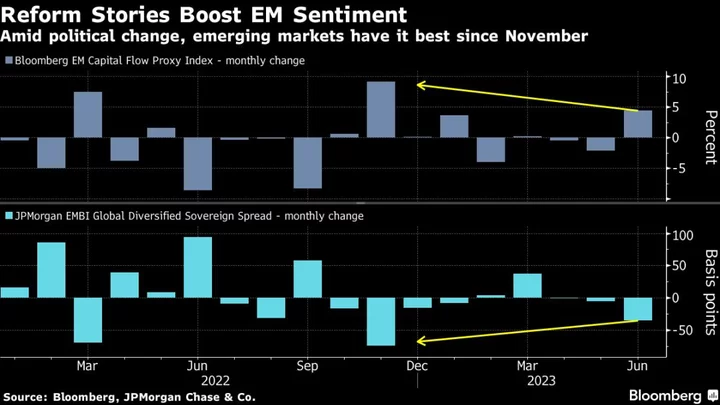By Ebru Tuncay and Birsen Altayli
ISTANBUL Turkish companies' end-2023 balance sheets will be inflation-adjusted, with adjustments expected to continue until 2026 in light of current inflation forecasts, the Treasury told Reuters.
The move comes after Turkish inflation soared above 85% last year following an aggressive rate-cutting cycle that sparked a currency crash in late 2021. Inflation subsequently declined but rose again in recent months, standing at 61.5% in September.
In written answers to questions from Reuters, the Treasury said any profit or loss resulting from inflation adjustments in end-2023 balance sheets would not affect companies' 2023 tax bases but could affect them in subsequent years.
The Treasury made the comments after its revenue administration published a draft regulation last week detailing a move to inflation accounting, marking a return to the practice after a break of about 20 years.
In the last two years, companies have sought to protect themselves from high inflation and those which have turned to non-monetary fixed assets are expected to receive higher profits and pay correspondingly higher taxes in 2024.
Treasury and Finance Minister Mehmet Simsek has led a return toward more orthodox economic policies since his appointment following May elections.
The central bank has meanwhile hiked interest rates by 2,150 basis points to 30% to counter inflation after years of loose policy.
(Reporting by Ebru Tuncay and Birsen Altayli; Writing by Daren Butler; Editing by Helen Popper)









